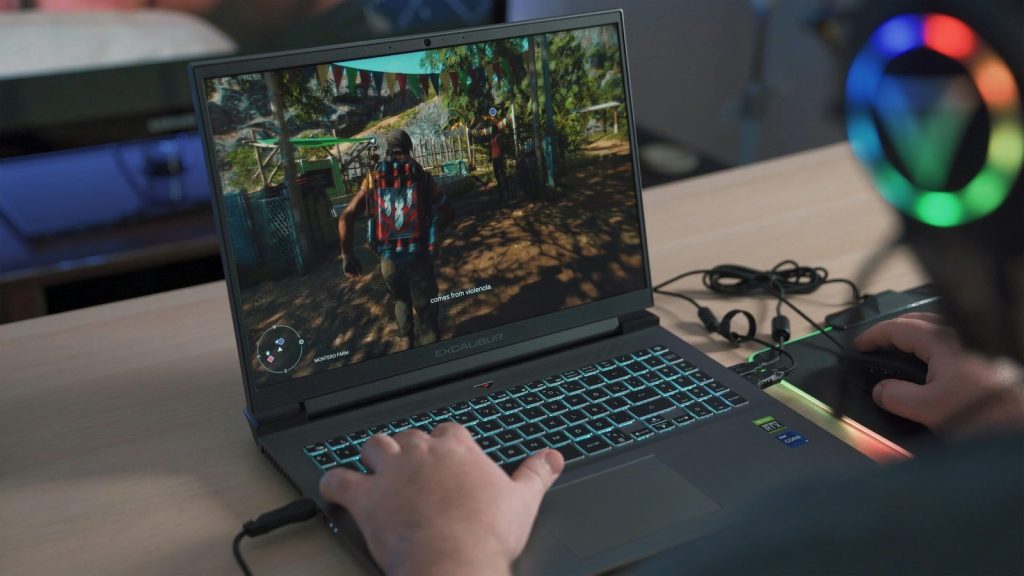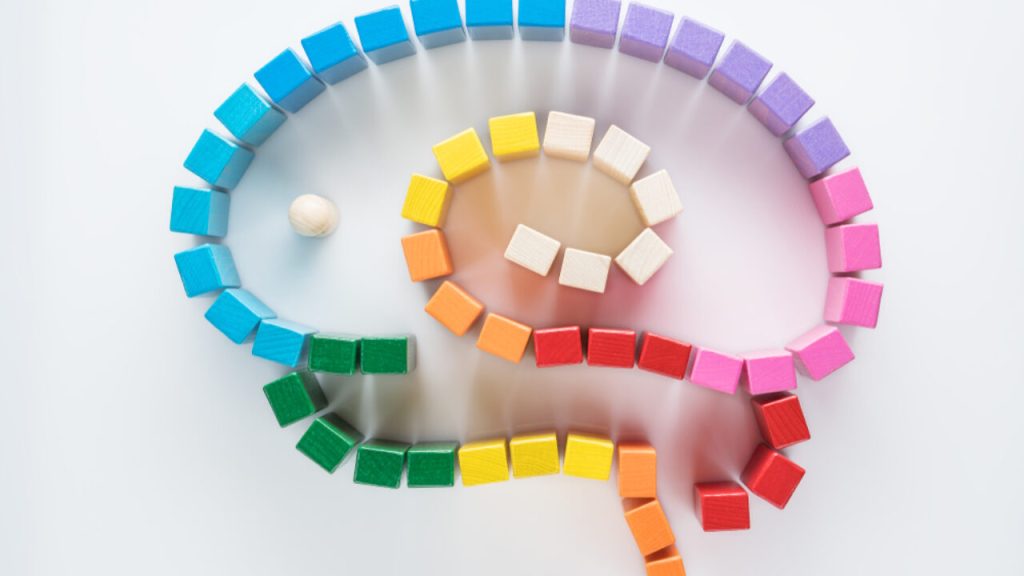The role of logic games in promoting mental well-being and stress relief

The Role of Logic Games in Mental Well-Being
Logic games have emerged as powerful tools for enhancing mental well-being and providing stress relief. These engaging activities not only challenge the mind but also contribute significantly to improving cognitive functions. Many people are turning to these games as a way to manage their daily stressors. Whether it’s a Sudoku puzzle during a coffee break or a strategy board game with friends, the simple act of playing can yield substantial benefits for mental health.
Consider the following benefits of logic games:
- Enhanced problem-solving skills: Engaging with puzzles encourages creative solutions. When faced with a difficult puzzle, the brain is prompted to think critically and apply various strategies, which can translate into improved decision-making skills in everyday life. For example, solving a chess problem requires players to calculate multiple moves ahead, honing their ability to forethink and anticipate outcomes.
- Improved focus: Concentrating on games helps sharpen attention and reduces distractions. In a world filled with digital noise and instant notifications, dedicating time to logic games allows individuals to practice mindfulness and enhance their concentration. Many players report better focus in their work or study after engaging in these mentally stimulating activities.
- Social interaction: Many logic games can be played in groups, fostering connections and teamwork. Board games such as “Codenames” or “Settlers of Catan” not only challenge players mentally but also encourage social bonding. Regular game nights can mitigate feelings of loneliness and isolation, providing a strong support network among friends and family.
In an era where mental health is a critical focus, research highlights the positive impact of playful challenges. Studies suggest that dedicating time to logic games can lower cortisol levels, the hormone associated with stress. A 2016 study published in the journal “Neuroscience” found that participants who engaged in puzzles showed a decrease in stress-related symptoms, significantly improving their mood and overall mental state. By adopting these games into daily routines, individuals can bolster their resilience against anxiety and promote a sense of well-being.
As we delve deeper into the mechanics of logic games, it is essential to explore how they can be integrated into therapeutic practices. For instance, cognitive behavioral therapy often incorporates games and puzzles to help clients develop coping strategies for dealing with anxiety and stress. This adaptability highlights the potential of these games to extend beyond simple entertainment — they can serve as critical components in maintaining mental equilibrium.
With the growing recognition of mental health’s importance in the United States, logic games offer a proactive approach to enhancing life satisfaction. As individuals incorporate these activities into their lives, they may find not only challenge and enjoyment but also a greater sense of connection and peace. Thus, the integration of logic games into mental wellness practices represents a promising avenue for benefiting both mental agility and emotional resilience.


DISCOVER MORE: Click here to dive deeper
Benefits of Engaging with Logic Games
Logic games create an engaging avenue for individuals to explore their mental capacities while simultaneously providing stress relief. By tapping into various cognitive functions, these games offer a multitude of benefits that can enhance mental health and improve overall well-being. Here are some of the key advantages associated with incorporating logic games into daily routines:
- Boosted Cognitive Function: Regularly engaging with logic games helps stimulate different regions of the brain. Puzzles such as crosswords or logic grids challenge players to employ reasoning and critical thinking. Research indicates that consistent mental stimulation may delay cognitive decline, keeping the mind sharp and agile as one ages.
- Emotional Regulation: The focus required to solve logic games can serve as a distraction from daily stressors. By immersing oneself in a game, players experience a temporary break from their worries, allowing for emotional regulation. This “flow state” not only promotes relaxation but also enhances mood by invoking a sense of accomplishment as challenges are overcome.
- Increased Resilience: Solving puzzles can teach patience and perseverance. The iterative process of trial and error while approaching a challenging game fosters resilience and encourages individuals to adopt a problem-solving mindset in real-life scenarios. This perspective can greatly aid in coping with life’s inevitable stressors.
Moreover, studies have found that these benefits are not merely anecdotal. In a systematic review published in “Frontiers in Psychology,” researchers revealed that engaging in cognitive tasks, including logic games, leads to decreases in anxiety levels and an improvement in overall emotional well-being. As players tackle complex challenges, they often develop a deeper sense of self-efficacy — the belief in one’s ability to influence outcomes.
In the digital age, various platforms have emerged that offer a vast array of logic games. Whether through mobile applications or online platforms, players can access a wealth of games that fit any schedule. This accessibility means that even in the midst of a busy day, taking a few moments to engage in a logic game can serve as an effective mental health booster, providing a much-needed reprieve from stress.
Furthermore, the therapeutic potential of logic games is being increasingly acknowledged in psychological practices. Mental health professionals are often incorporating these games into treatment plans to encourage patients to practice focus and mindfulness. The structured challenges presented by logic games provide a safe environment for individuals to confront and manage their stressors while cultivating a sense of achievement.
As more people recognize the powerful role that logic games can play in promoting mental well-being and stress relief, it becomes evident that these activities are not just mere distractions. Instead, they represent an innovative approach to enhancing cognitive resilience and emotional health, making them an essential aspect of modern mental wellness strategies.
The Role of Logic Games in Promoting Mental Well-Being and Stress Relief
Logic games have emerged as significant tools not only for entertainment but also for enhancing mental well-being. These games, which stimulate cognitive functions, have been linked to greatly improved emotional health. Engaging in such activities can lower stress levels by directing focus away from daily pressures. The act of solving puzzles or strategizing in games can induce a flow state, making individuals feel more relaxed and in control.
| Category | Benefits |
|---|---|
| Mental Stimulation | Engaging in logic games enhances cognitive functions like memory and attention. |
| Stress Reduction | Solving puzzles promotes a state of relaxation, helping to mitigate feelings of anxiety. |
Additionally, the social aspect of many logic games, whether played in-person or online, fosters connections between players, thus enhancing the overall experience. Sharing challenges and victories can generate camaraderie, significantly contributing to emotional support and resilience. By investing time into these games, individuals can cultivate a robust mental framework that promotes sustained well-being and diminishes stress over time.
As research continues to unveil the multifaceted benefits of logic games, more individuals are encouraged to integrate them into their daily routines for a healthier mind and a happier life.
DIVE DEEPER: Click here to learn more
Enhancing Social Connections through Logic Games
While the individual cognitive benefits of logic games are well documented, their role in fostering social connections should not be overlooked. Engaging in logic games can be a communal experience that not only challenges the mind but also strengthens relationships. Group settings, such as game nights or online multiplayer platforms, allow participants to collaborate or compete, leading to meaningful interactions that can boost mental well-being.
Creating Community Engagement: Many people find that playing logic games with friends or family offers a unique opportunity to bond. Activities like board games or interactive puzzles require teamwork and communication, helping individuals to strengthen their social ties. Research has shown that social connections can lead to increased happiness and lower levels of anxiety, thus amplifying the stress-relieving effects of the game itself. In essence, the joys derived from collectively tackling a challenge can create lasting memories, leading to stronger emotional support networks.
Online Platforms and Global Connectivity: In today’s digital landscape, online platforms have revolutionized the way individuals engage with logic games. Various apps and websites enable players from across the globe to connect and compete in real-time. This global connectivity encourages cultural exchange and understanding, contributing to a sense of belonging beyond local communities. Moreover, with the rise of social media, players are now able to share their achievements and strategies, fostering a culture of encouragement and support.
Logic Games and Mindfulness
Incorporating logic games into daily routines can also serve as a pathway to mindfulness, a practice widely celebrated for its mental health benefits. Concentrating on the tasks presented in logic games encourages players to be present in the moment, which is a core principle of mindfulness. This focus not only enhances the gaming experience but also allows individuals to step back from their daily stresses, providing a necessary mental break.
The Role of Cognitive Engagement: Engaging in logic games requires one to strategically think, reason, and solve problems. This cognitive engagement often leads players to a meditative state where they can momentarily disengage from life’s chaotic demands. Studies have shown that such mindfulness practices can enhance emotional regulation, leading to reduced stress and anxiety levels. By making logic games a regular part of a relaxation routine or self-care strategy, individuals can effectively harness the power of mindfulness without needing to engage in more traditional forms of meditation.
Setting Healthy Boundaries with Screen Time
Though the advantages of logic games are plentiful, it is essential to maintain a healthy balance when it comes to screen time. Experts suggest that moderation is key; engaging with logic games for limited periods each day can help maximize benefits while avoiding the negative impacts of prolonged use. By allocating specific time slots for playing these games, individuals can enjoy the mental and social benefits without becoming overwhelmed or distracted. Furthermore, this discipline encourages players to remain focused on their goals, both within the game and in their daily lives.
Incorporating recommendations from mental health professionals can further elevate the benefits derived from logic games. Practicing self-awareness and recognizing when gaming transforms from a stress-relieving activity into an obsession can prevent adverse effects, ultimately allowing players to enjoy these enriching experiences as intended.
DISCOVER MORE: Click here to learn about the benefits of card games on memory
Conclusion: Unlocking the Benefits of Logic Games for Mental Wellness
In conclusion, the role of logic games in promoting mental well-being and stress relief is multifaceted and profound. These engaging activities not only enhance cognitive skills such as problem-solving and reasoning but also serve as effective tools for mindfulness, offering players a necessary respite from daily challenges. By immersing oneself in the structured environments of logic games, individuals can achieve a meditative focus that alleviates anxiety and fosters emotional regulation.
The Social Aspect of Gaming: Additionally, the inherent social nature of many logic games transforms them into communal experiences that strengthen relationships. Whether through a cozy game night with friends or energetic online competitions, these interactions create a supportive network that enhances happiness and reduces feelings of isolation. This social engagement is critical, as research shows that strong connections contribute significantly to overall mental health.
However, as we embrace the benefits of logic games, it is crucial to maintain a balanced approach to screen time. Setting boundaries and prioritizing moderation can safeguard these activities from becoming overwhelming, allowing players to enjoy their positive impact without detriment. As more individuals seek innovative ways to enhance their mental wellness, incorporating logic games into daily routines presents an accessible, enjoyable, and effective strategy.
By exploring the dynamic world of logic games, players can unlock new dimensions of personal growth while fostering connections with others. As we continue to navigate an increasingly complex world, these games offer a unique haven that nurtures both the mind and spirit, paving the way for healthier and happier lives.


